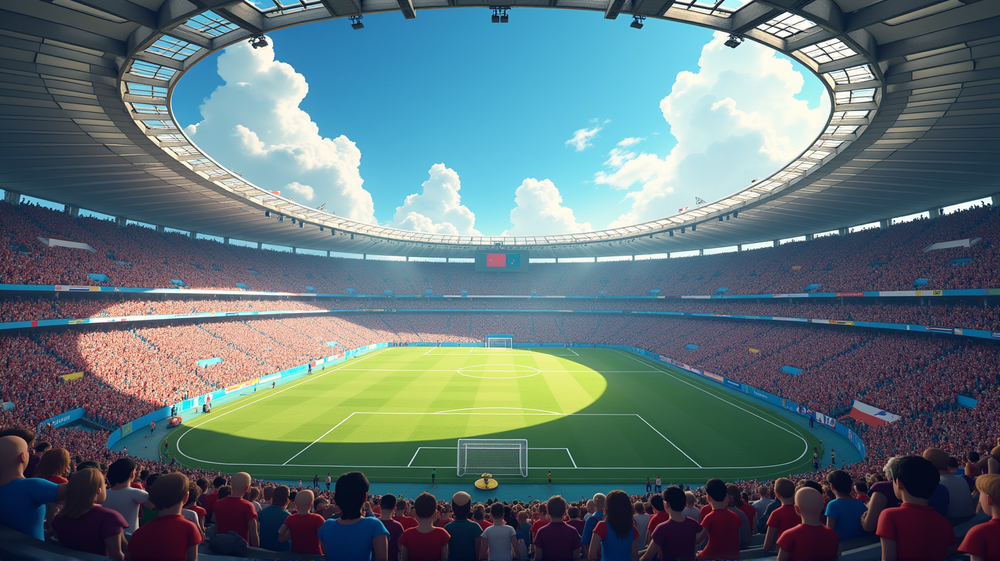The Unlikely Duo Steering Football’s Future
In an unprecedented alignment, the worlds of sports and politics are colliding head-on as Donald Trump and Fifa’s Gianni Infantino set the stage for what they’re promising will be the “greatest World Cup ever.” Infantino’s continuing camaraderie with Trump ignites debate about the influence of politics in sports, raising eyebrows worldwide.
Shifting Landscapes: Host City Politics
“Security issues” or perhaps, political alignments. These could soon dictate the very locations of the 2026 World Cup games, as hinted by President Trump. Such a shift blurs the lines between hosting an inclusive global event and political maneuvering, leaving a unique mark on the sports history books.
The Undercurrents of Power
Gianni Infantino’s ingrained presence in Trump’s political milieu emphasizes the unlikely companionship that’s transforming the face of world football. From supporting political summits to instituting a controversial Fifa peace prize, Infantino appears to be redefining the scope of his role beyond just sports administration.
When Football Fans Become Pawns
For fans anticipating World Cup 2026, ticket pricing and match locations are two key concerns. With the specter of “dynamic pricing” and potential city changes looming overhead, fans face the daunting task of navigating an unpredictable sporting landscape marred by political decisions.
The Illusion of Inclusivity
Words like “inclusive” ricochet through Fifa’s media discourse. But for those within the football community, especially as the World Cup approaches, questions about exclusion and logistical challenges persist. Are the fans, the heart of the sport, truly considered in this politically-charged narrative?
Sportswashing in the Modern Era
The term “sportswashing” has seeped into mainstream vernacular, driven by the ongoing events in world football. Infantino’s tenure may signal a time when politics and sports irrevocably mesh, with real-world implications echoing far beyond the football pitch. As stated in The Guardian, such dynamics prompt reflection on the evolving role of sports organizers.
The lines of politics and sports continue to blur, with the fan experience entangled in an intricate web of both worlds. As the countdown to the 2026 World Cup begins, the intersection of football and politics might redefine global sporting events, creating a narrative where every match holds deeper significance.












